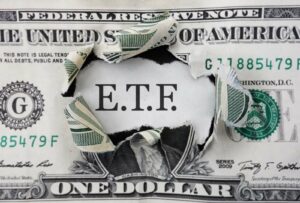While the democratic primary field remains crowded, Elizabeth Warren is noteworthy for her explicit policy platforms regarding transparency reforms and her background in consumer finance advocacy and commercial law. On her website she writes, “If you choose to be a public servant, you should serve the public – not your own financial interests or the financial interests of the rich and powerful…And the ability to walk around government with obvious and direct personal financial conflicts reduces public faith in honest officials. To fix this, we need a total rewrite of our ethics laws.”
Senator Warren outlines a number of different steps that she would take as president to change ethics laws in Washington. Her policy platform includes forcing senior government officials to divest from privately-owned assets that could present conflicts of interest. She would also ban the practice of government officials trading individual stocks while in office, while retaining their ability to invest in conflict-free mutual funds or federal Thrift Savings Program funds. She notes that “law firms follow these kinds of rules to prevent the appearance of financial conflicts with the interests of their clients – there’s no reason important public servants and elected officials shouldn’t, too.” Many of these initiatives are included in her proposed August 2018 Anti-Corruption and Public Integrity Act.





